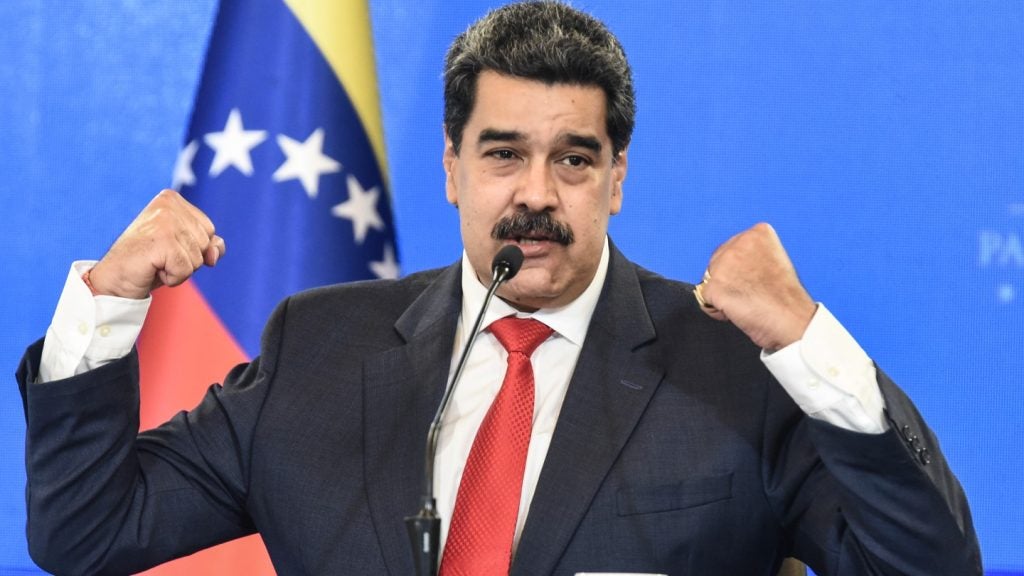
Recent reviews and inquiries by UK governments into the use of messaging apps like WhatsApp by public servants have highlighted concerns about their impact on recording keeping and transparency.
In March, for example, the Scottish government announced more details of a review to determine if WhatsApp and other messaging apps should be used for government businesses.
Speaking on a new episode of GlobalData’s Thematic Intelligence podcast, Tim Durrant, programme director at UK think tank the Institute of Government explained that, while the use of WhatsApp in government is not “a bad thing in and of itself”, it promotes more informal and rapid communication and complicates official government record-keeping processes.
Durrant noted that this use is merely a new wave of technology with which governmental processes are having to keep pace.
“It’s the latest version of technological change that has changed government quite fundamentally,” he explained. “Remember people talking about when New Labour came into government in the mid-90s? Ministers then were texting each other, which wasn’t something that had ever happened before.”
“So, there’s always been this kind of government catching up with the latest technology. I think what is particular about WhatsApp is it’s so fast, it’s so ubiquitous, it’s very easy to use.”
How well do you really know your competitors?
Access the most comprehensive Company Profiles on the market, powered by GlobalData. Save hours of research. Gain competitive edge.

Thank you!
Your download email will arrive shortly
Not ready to buy yet? Download a free sample
We are confident about the unique quality of our Company Profiles. However, we want you to make the most beneficial decision for your business, so we offer a free sample that you can download by submitting the below form
By GlobalDataWhile Durrant doesn’t object to the likes of WhatsApp being used for inconsequential communications between public servants, he believes it is not suitable for discussing official business or for in-depth dialogue about decision-making.
“There’s the question about decision-making in the moment. WhatsApp is great in many ways, but it doesn’t allow in-depth, considered discussions. What it’s about is quick messages, realying little bits of information. And also, when there’s a big group of people, it can be quite overwhelming.
“I’m sure everyone’s been in one of those group chats when there are 20 or 30 people and you’ve got messages pinging all the time and you can’t follow the whole conversation. I think that use of communication isn’t helpful in government when you’re making big, serious decisions that need analysis and evidence and different advice and different points of view considered.”
With the Covid-19 lockdowns accelerating the use of communication via messaging apps such as WhatsApp, subsequent inquiries also brought their use under scrutiny with various key ministers unable to provide records of key conversations and decisions made over WhatsApp.
Of this Durrant commented: “That’s why we’ve said that if people are going to use WhatsApp then it should be on government-issued phones rather than their personal phones – for government business not for everything. Then, it’s not their responsibility to ensure that [messages are] kept once they leave government.”







